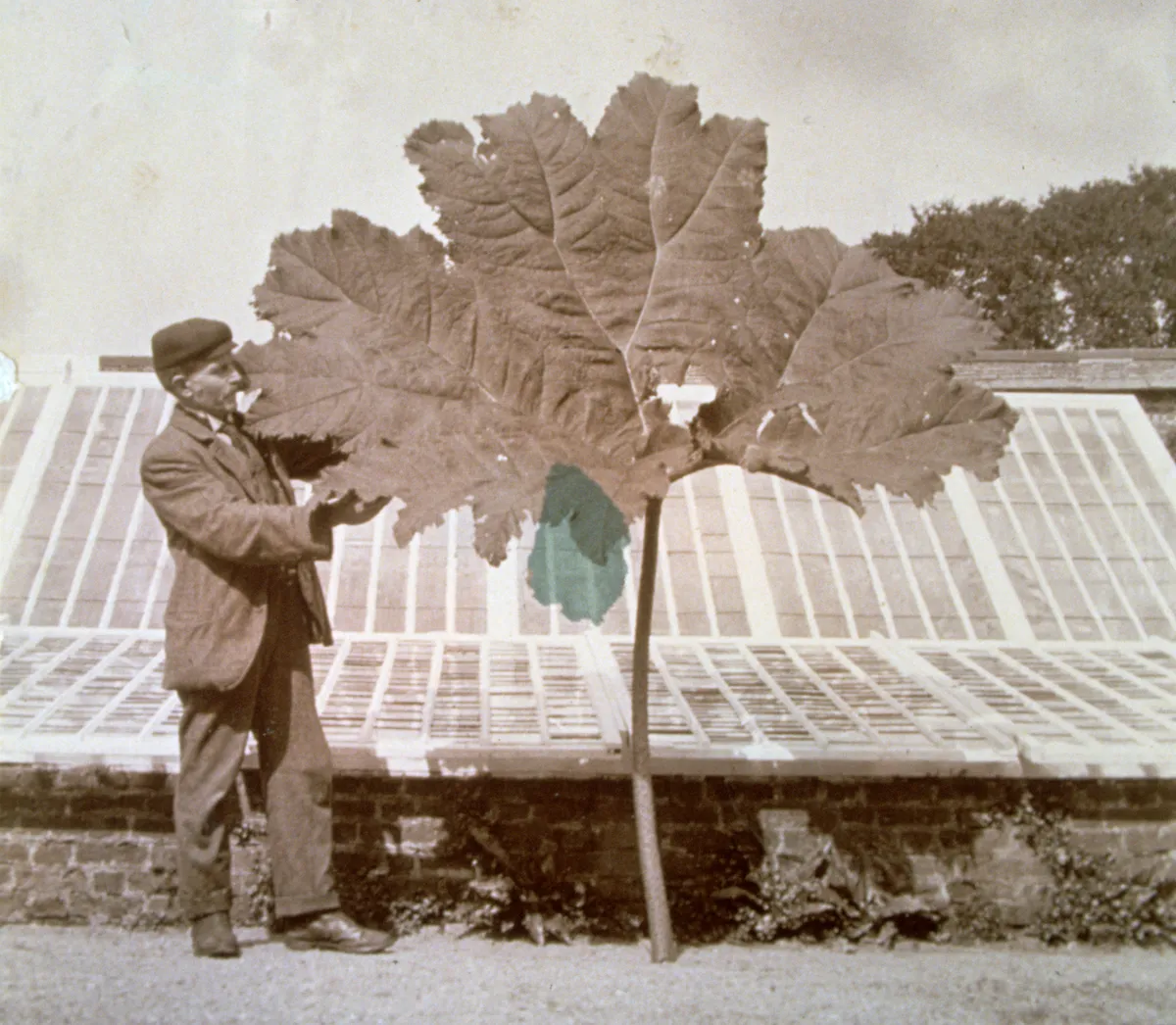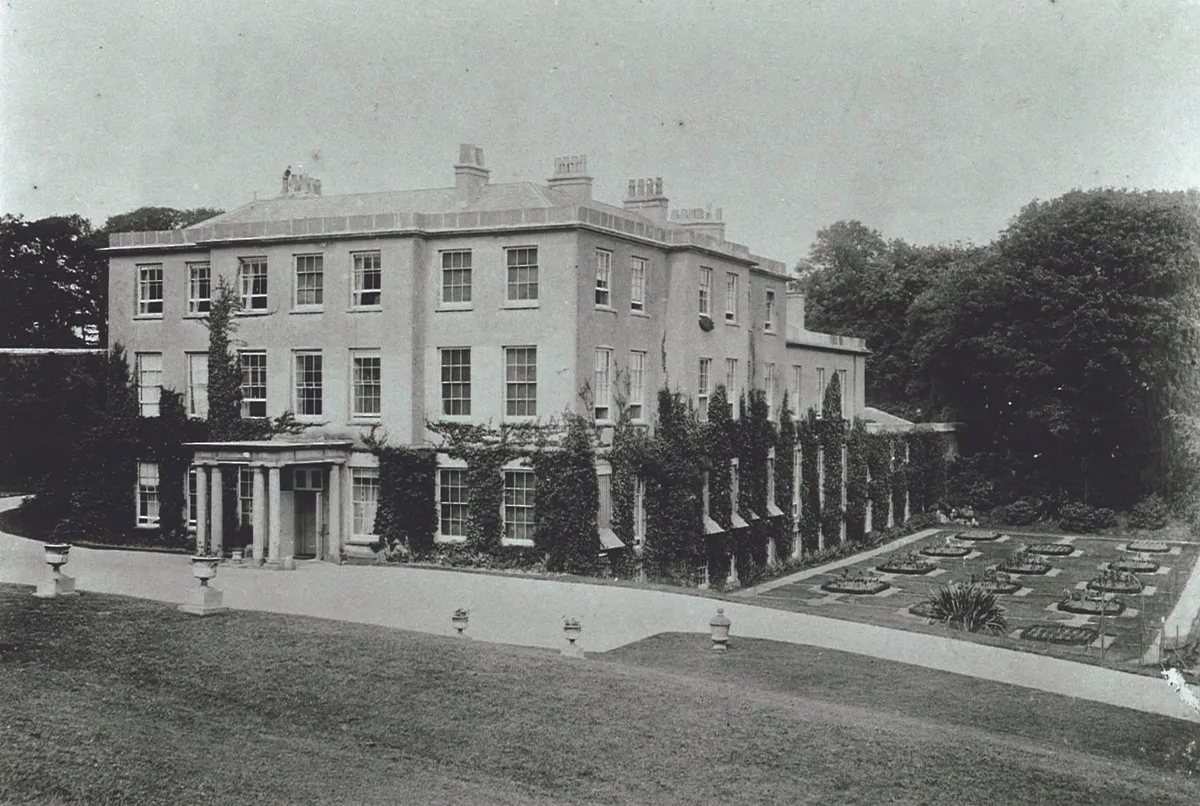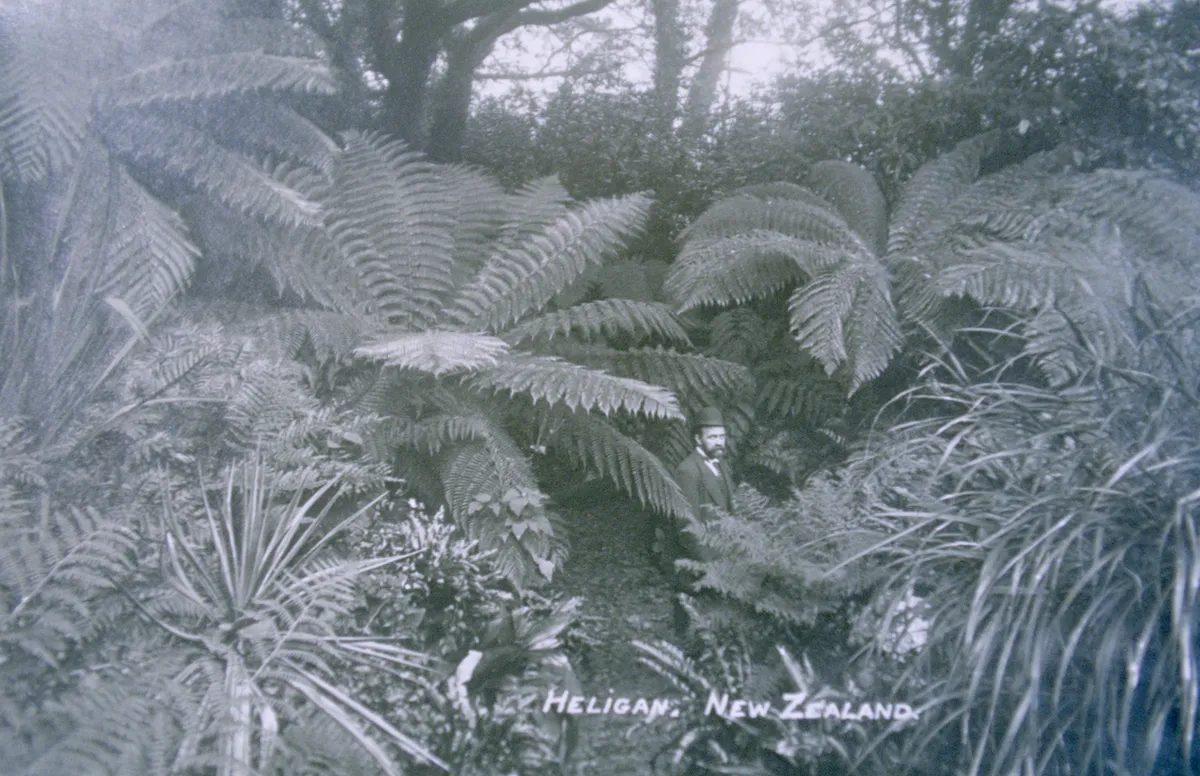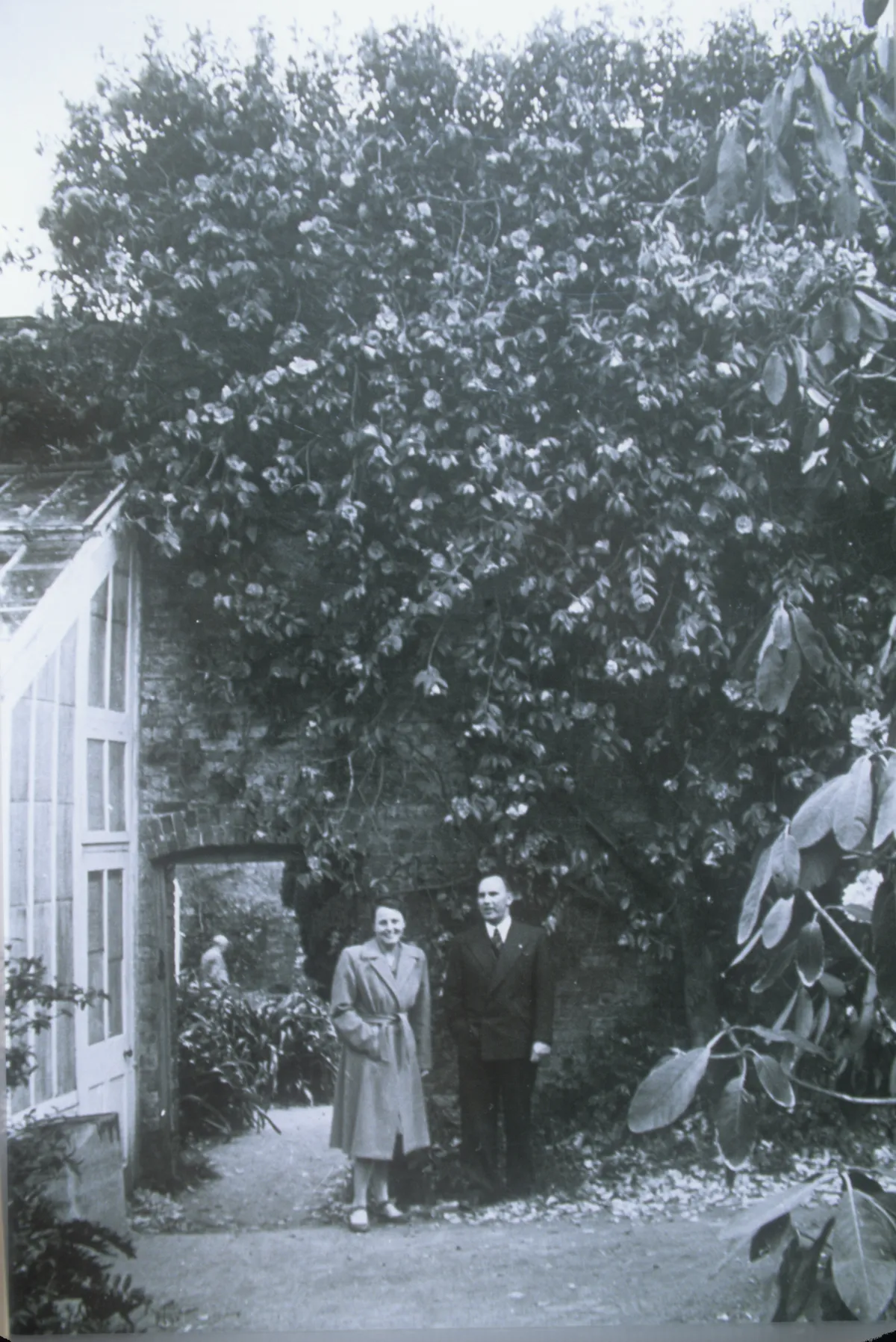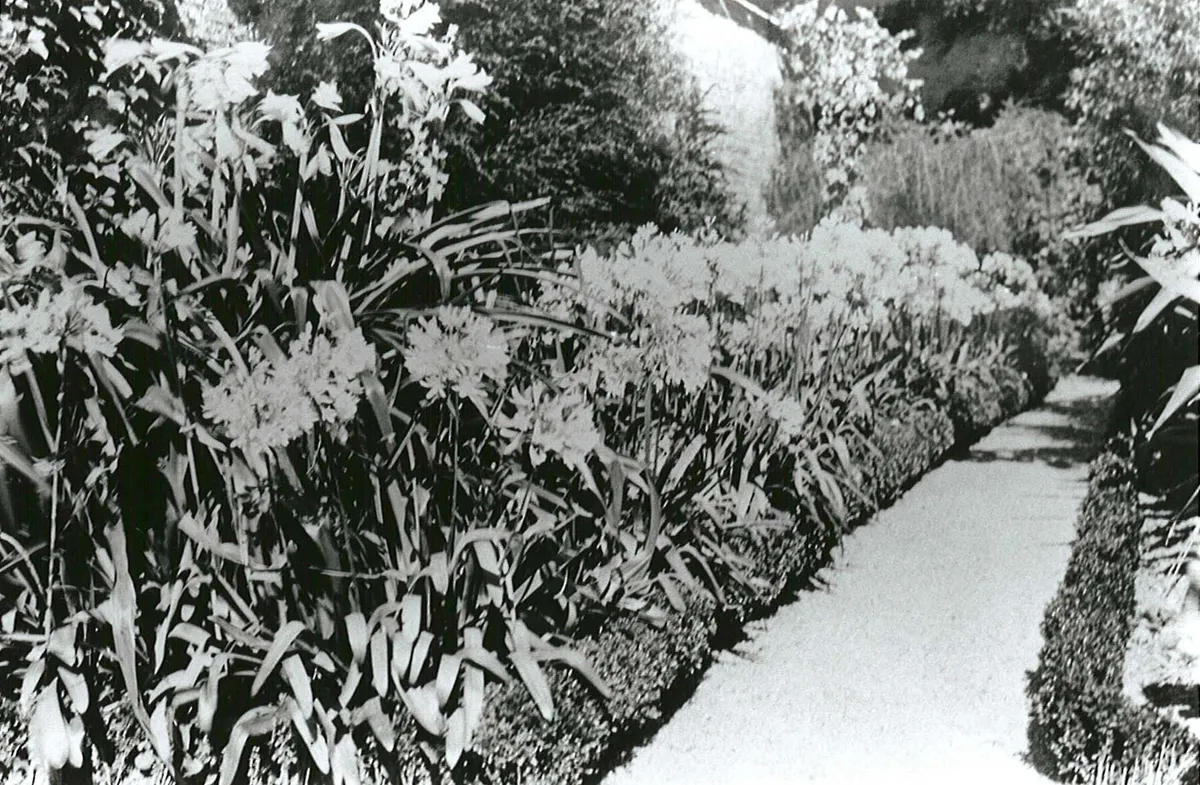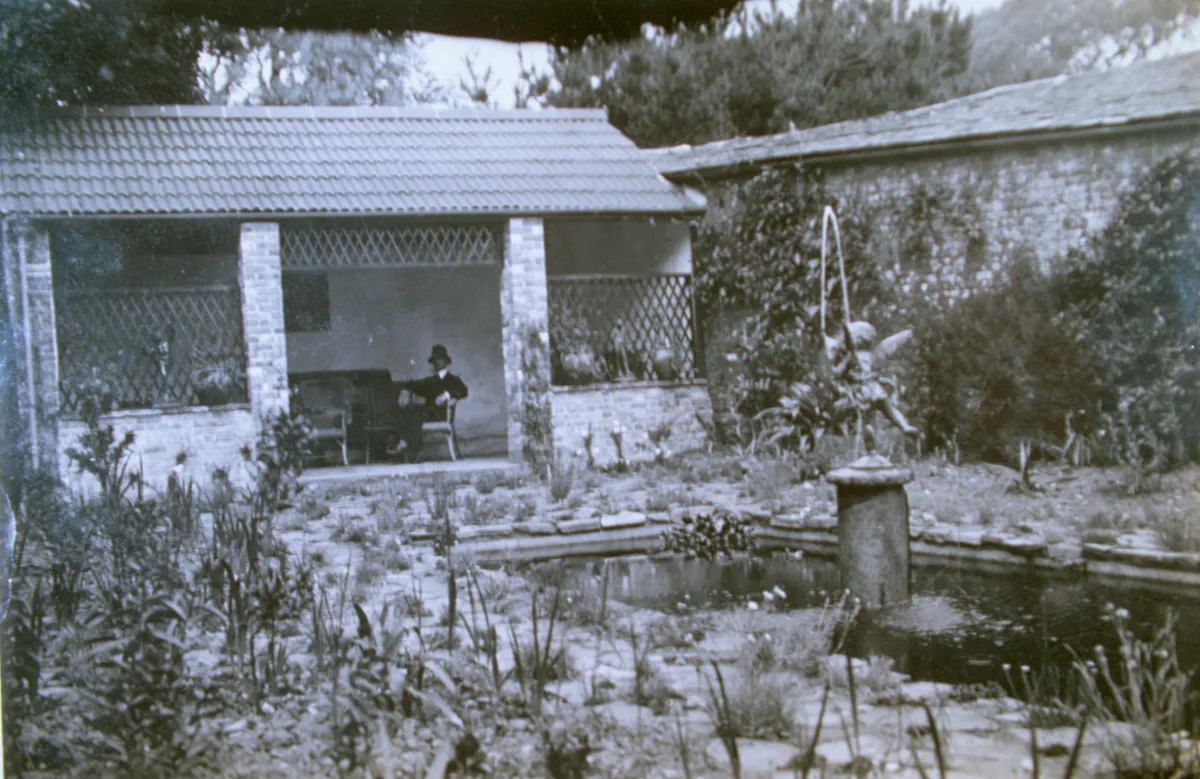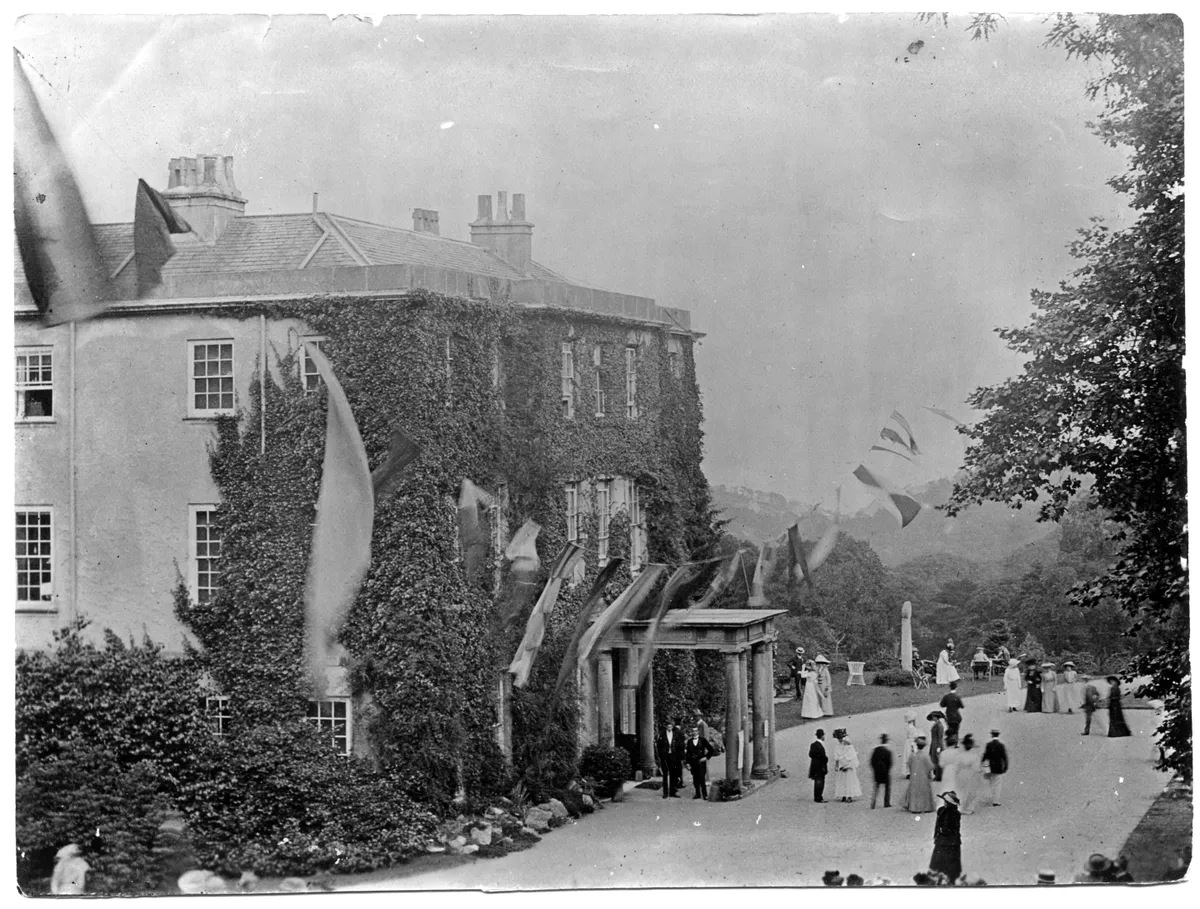Heligan is the story of the ordinary men and women who made a garden great. It is a tribute to the people who, for century after century, made this place a stage on which they led their lives. When you look around the Productive Gardens the really important thing to remember is that the guys who originally worked here were scientists, they were working out how, in an age before refrigeration, you could keep a community in food for 365 days a year. They chose the crops they grew for both flavour and for keeping.

Thirty years ago we set out to put the gardens of Heligan back together as they would have been in their heyday. When we did it there was nowhere else in Britain that had done so before. People would wander into the Melon Yard or the Potting Shed and imagine their ancestors living and working in such a place. It had an allure of fecundity, abundance and a sense of well-being. When you sit in the middle of big vegetable garden, regardless of what you know about gardening, or vegetables, there is something profoundly comforting and a sense of plenty. Go back fifty thousand years and you realise plenty equals contentment, you no longer have to be a hunter gatherer.
Nowadays we live in an age of big agriculture and are used to produce being available throughout the year. What many don’t realise is that the choice of the fruit and vegetables we eat are no longer down to flavour, or any particular attribute except they all look the same. They come out the same, the same weight, the same colour and they are all pretty battle hardened against the elements. They are all fossil fuel dependent too. If the world is ever to go carbon neutral we will need to look at crops that are not dependent of fossil fuels. In fact, if we were to suddenly find ourselves living in a post-apocalyptic age most of us would starve because the varieties of fruit and vegetable available now, particularly the grains grown all over the world, are all dependent on fossil fuel and if we didn’t have it they would die and we would starve.

This is why it is vital we preserve the past to protect the future. The Lost Gardens of Heligan gang are the most incredible family and have done a really proper job in preserving something that is going to have immense importance going forward. In the last thirty years we’ve gone full circle from being a trendy tourism location to a ‘museum’ that is a living bank of really really important knowledge. Heligan’s future is incredibly relevant as a place that inspires people to garden and grow horticulture in a very very different way. We need to refocus our attentions on the skills of agronomy, of horticulture and agriculture because if we cannot encourage young people to be excited about them we’re going to lose skills which will see us going back to the Stone Age – and I’m not exaggerating.

The knowledge and values of all that have worked at Heligan over the years needs to be preserved and passed on. Restoring The Lost Gardens of Heligan we were initially the students coming to an understanding of the old techniques and over the years have grown into the teachers, encouraging, inspiring and shaping the gardeners of the future. Now we’re thirty the next part of our journey begins.
Head to The Lost Gardens of Heligan for more information on the gardens.
